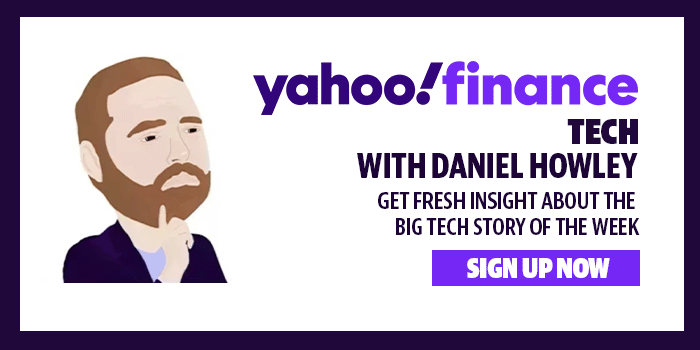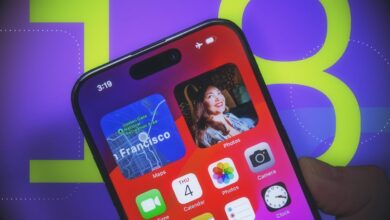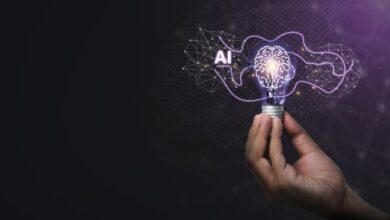AI will change work, for better and worse
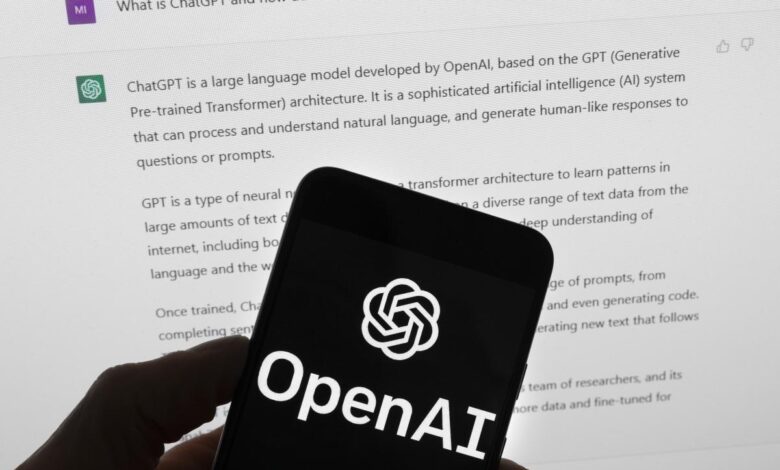
It’s been both fascinating and alarming to watch the generative AI explosion unfold. A new, interesting technology has captured the public’s imagination thanks to its ability to generate everything from text to video. But there are fears those same capabilities make it a potential threat to a host of jobs ranging from programmers and artists to human resources workers and financial professionals.
There’s little doubt generative AI will impact some jobs. According to Intel, we could eventually see the rise of AI technologies so powerful they’ll replace entire corporate departments. But the generative AI job-pocalypse won’t destroy every job it touches. As with all things, it’s a bit more complicated than that. And the truth is, there’s still a lot we don’t know.
“It is going to be a major disruption that unfolds over many years, at least 10 years,” Columbia Business School professor Daniel Keum told Yahoo Finance. “And it’ll create losers and winners. But what that exactly looks like, we don’t know.”
According to experts, generative AI will make some jobs easier, while creating others. The thinking is similar to how the internet and e-commerce displaced some positions while helping to bring about entirely new categories of jobs.
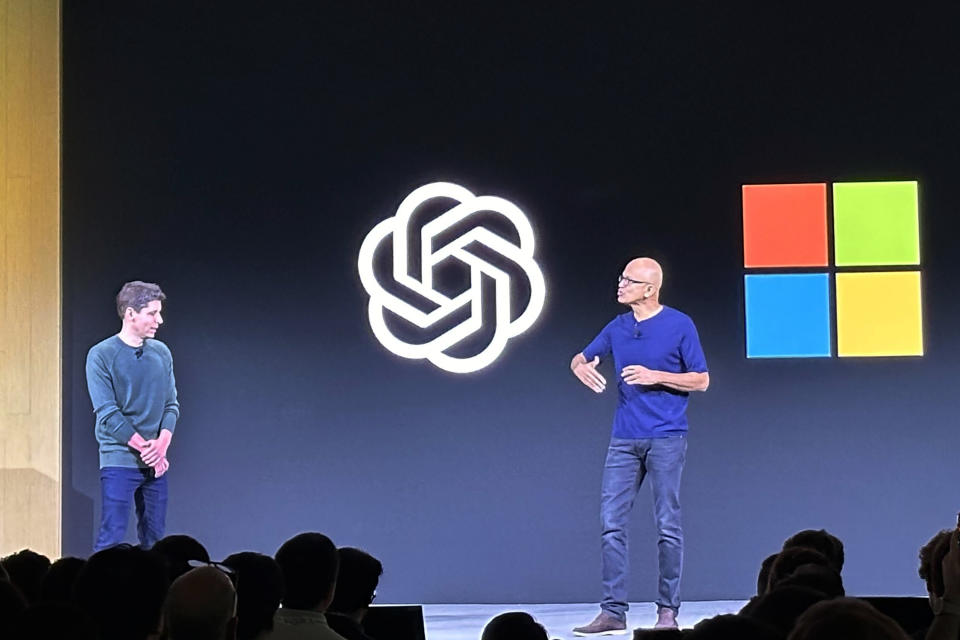
“It might be an existential threat to a very narrow set of jobs just like any technology,” explained professor Sonny Tambe, co-director of The Wharton School’s AI at Wharton program. And we’ve seen these kinds of changes before.
“Even something much more general purpose like, say, a tractor, has a large impact on a narrow set of jobs,” Tambe said. “For most of us, I think it is actually a really useful tool, but not an existential threat, necessarily.”
We still don’t know what jobs are most at risk
According to a July Pew Research Center report, 19% of jobs will have some kind of exposure to generative AI. That means AI will augment some parts of those positions, though not necessarily replace them.
Experts I spoke with said customer service workers, tax preparers, and others could face pressure as companies begin using generative AI-powered chatbots to answer customer queries or instantly fill documents. However, if you’ve used a chatbot to try to get a comprehensive answer to questions about anything from your health insurance to how to return a shirt, you know they can be frustratingly ineffective.
Harvard Business School professor Andy Wu says generative AI could lead to the creation of programs that respond to voice directions. According to Wu, users could someday control complex apps like Adobe’s (ADBE) Photoshop using natural language instructions, meaning rather than clicking through menus to edit photos, they’ll simply be able to tell apps how they want an image to look.
That could help photo editors by making their jobs easier or give middle managers an easy reason to replace them.
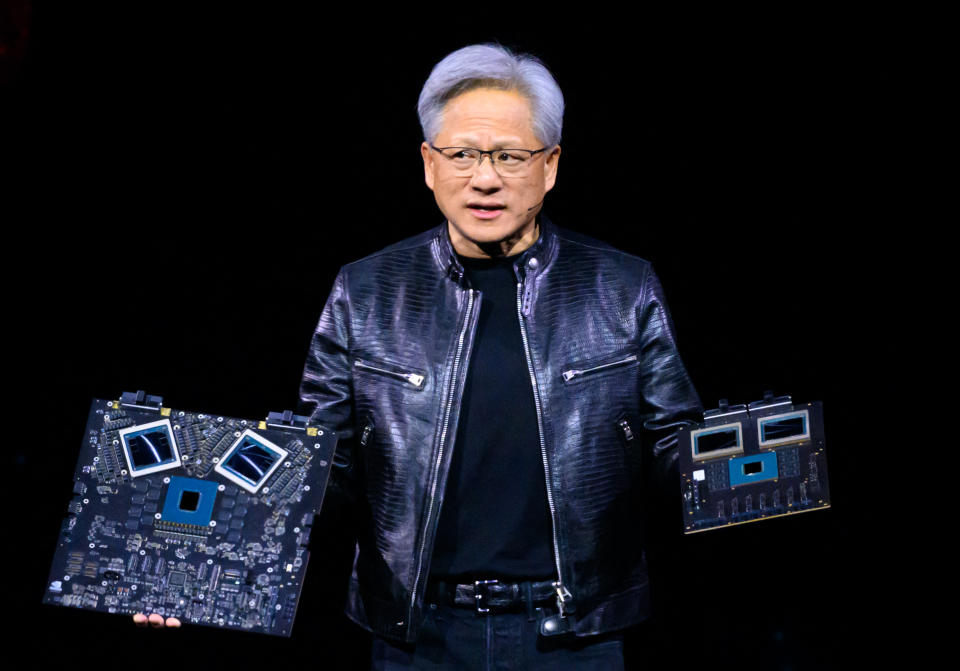

However, many of these tools are still flawed as well. Generative AI images feature glaring errors like people with oddly placed hands or Google’s multicultural Nazis. Generative AI chatbots are also prone to hallucinations, a fancy term for errors that seem authoritative. Even AI transcription apps often pick up the wrong words.
New jobs will emerge
Just as AI is all but certain to impact some jobs, it will also help create new opportunities. Take the Photoshop app example. By making apps and services more easy to access, more people can begin using them, bringing more creativity into various fields.
With the advent of blogs and social networks, more people than ever can share their thoughts with the world, something you previously needed a media organization to do.
And with the development of large graphics engines from the likes of Unity and Epic, individual programmers can develop their own games rather than relying on an entire fleet of developers. That doesn’t mean programmers for big-name games have gone away, but rather that gamers can now get access to both highly polished major game releases and independent games.
It will take time before we feel the full impact of AI
Whether good or bad, it’ll likely be some time before we feel the full force of generative AI’s impact on the job market.
“If you look at the data, less than 10% of US firms report that they’ve adopted [generative AI] in some fashion, and probably still in an experimental phase,” Pew Research Center senior researcher Rakesh Kochhar told Yahoo Finance. “So we don’t know. It’s too early to say which way things are going.”
Of course, if you listen to Big Tech companies ranging from Nvidia and Microsoft to Google and Intel, we’ll start feeling generative AI’s changes any day now. But the reality is that it will still take years, if not more, to sort out the technology’s impact on the job market.
Remember how self-driving trucks were supposed to steal truckers’ jobs? That’s still far from reality. And early predictions that self-driving cars would be ferrying us around by now? Those have fallen decidedly flat.
Email Daniel Howley at dhowley@yahoofinance.com. Follow him on Twitter at @DanielHowley.
Click here for the latest technology business news, reviews, and useful articles on tech and gadgets
Read the latest financial and business news from Yahoo Finance.
